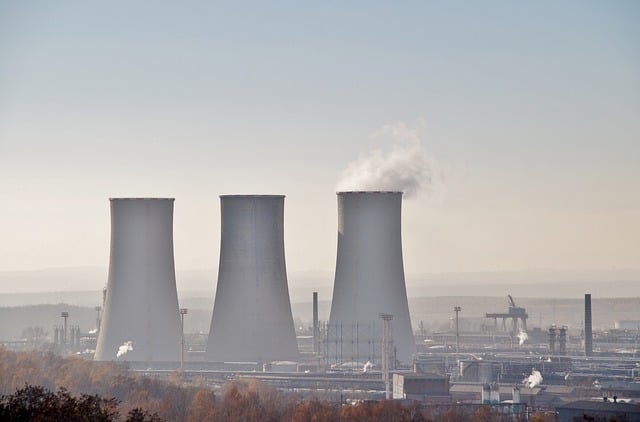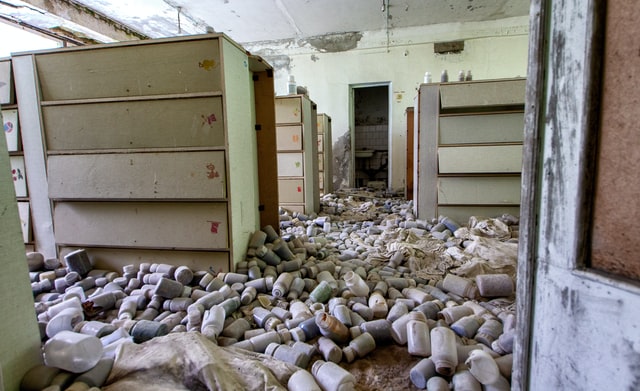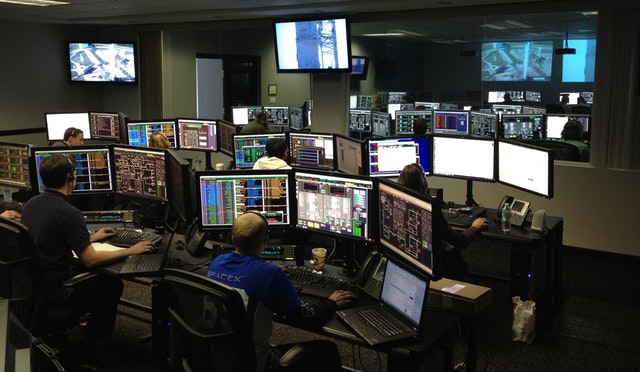Table of Contents
One talks of huge buildings, hotels, resorts, condominiums, gated communities, when one discusses real estate. But there is a specialised branch of real estate which happens to be industrial real estate.
As in every vertical, unsold inventory is a problem for industrial realty. It is here that astro strategist Hirav Shah steps in and provides an all encompassing solution to investors
Talk of realty and one talks of huge buildings, apartment blocks, hotels, theatres, etc. But one tends to forget there is one segment of realty that cannot be sidelined. And that happens to be industrial real estate.
In socialist countries, major industries were owned by the government mostly, and hence not much importance has been given to this branch of real estate. However, the world has changed since then and now most of the economies are capitalist economies on the lines of the United States of America.
Due to this transition, industrial realty is held or controlled by big players. However, apart from major industries, warehouses, factories and power plants are also owned by smaller players, who are into medium or small businesses.
If one looks at the real estate market, industrial real estate is sold among realty circles and is not publicised like say huge condominiums or gated communities. The sale of industrial real estate is often kept as a low-key affair, though it is quite a chunk of the overall pie.
Types of industrial real estate
1) Warehouses
A warehouse is a place to store goods and resources. However, there is a lot of activity revolving around it as importers, exporters make use of warehouses to keep the demand and supply going for their customers. There are quite a few investors, who invest in warehouses as a long-term and viable income mode. Of course, a good background check is required before pumping in money.
2) Factories and heavy industries
Factories and by factories, we mean all kinds of factories that contain a manufacturing unit and consist of buildings, machinery and equipment. They are places where goods are manufactured in a systematic way. Huge factories came into existence when demand and supply of goods could not be met through small workshops. These spaces are not advertised in traditional media. However, this kind of real estate cannot be overlooked. Huge industrial houses like the Ambanis own huge tracts of land where their factories are operated.
3) Power plants
Power plants or power stations are places where electricity is generated. There are groups of people, flush with money, who invest in power plants. With increasing push for green energy, such plants are gaining more importance and demand.
4) Factory-office multi-use property
Then there are spaces that have combined utility as factory and office.
5) Factory-warehouse multi-use property
Another category is factories attached with warehouses.
6) Industrial parks
These are huge tracts of land where a cluster of industries belonging to a sector or associated sectors are housed.
7) Light manufacturing units
These are smaller spaces where light manufacturing is taken up. Such spaces can be found around industrial parks.
8) Research & development parks
These are facilities where an organisation takes up research and development activities. One can take the example of Dr Reddy’s, Serum Institute of India, etc.
9) Cold storage
Cold storage as the name suggests is all about refrigeration and storage of perishable foods and products. They are often used as distribution centres for chain groceries, medical facilities and require HVAC systems and insulation set-ups that are able to maintain temperatures between 34 degrees and -10 degrees.
10) Data centres
Data centres are complex properties that are usually set up in centralised locations that are equipped with computer systems and networking equipment for the purpose of storing, processing, distributing or allowing access to large amounts of data. They provide important services such as data storage, backup and recovery, data management and networking. They require strong flooring to support the weight of computer and electrical systems along with specialized HVAC systems, backup generators and other specialized equipment.
11) Industrial showrooms
These are a bit of hybrid between retail and warehousing. These allow the manufacturers to showcase their goods in a retail setting, while having shipping and distribution too. Usually, such properties are situated along interstates, where they can achieve high visibility and easy access to customers. On an average, 50% of showroom space is dedicated to sales.
Unsold inventory challenges of industrial real estate
■ Lack of proper infrastructure: If a particular state or country does not develop appropriate infrastructure around industrial parks and industrial area, then it could lead to unsold inventory.
■ Government policies and laws: Cumbersome laws and red tape could lead to lesser sales.
■ Vaastu and feng shui issues: Most investors in high-profile industrial zones will be flush with money. But they strongly go by vastu or feng shui norms before finalising a deal. If a place is black-marked, then its natural consequence is unsold inventory.
■ Socio-economic and political reasons: A country or place’s security situation, economic conditions and the political landscape can affect sales and setting up of industries. This is a strong reason for unsold inventory.
■ Excess availability: Just like residential realty, excess of industrial realty can also lead to unsold inventory.
Astro strategist Hirav Shah has a solution
Industrial real estate as mentioned above, comes in various forms. Though it is not spoken about in regular conversations, industrial realty is as important as other forms of realty. It is also guided by the same principles that govern other forms of realty.
Real estate is a huge business and industrial real estate is no exception. Big players are involved in investing in industrial real estate, as it means consistent income and ascertained ownership of huge tracts of land.
Despite this profile, unsold inventory is very much a concern for industrial real estate. Like all forms of realty, astro strategist Hirav Shah has unique solutions for industrial real estate too.
He draws from his knowledge of business skills and corporate tactics and chalks out a safe and secure plan of action for those into industrial realty.
This he combines with time and tested astrological predictions based on individual charts of investors to address the issue of unsold inventory.
However, industrial real estate is a thriving sector as the investors are clear of what they want to do with the space. They have clear-cut ideas as to how to develop an industrial space to suit their requirements. And almost all of them come with huge funds.
But problems are very much a part of business. It is here that years of expertise of Hirav Shah comes into play and he mixes and matches various combinations to find a highly customised solution for unsold inventory in industrial real estate.























































